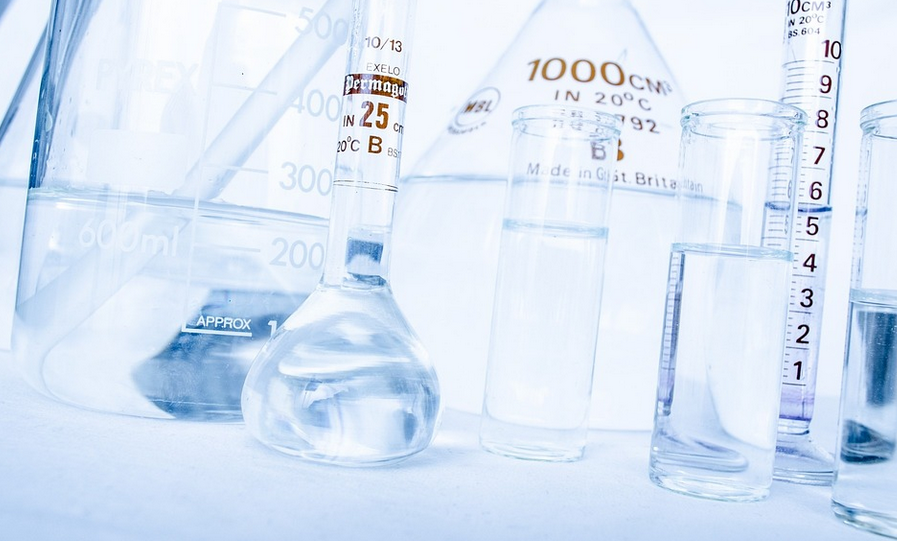Introduction
Seaweed has been a staple in Asian cuisine for centuries, and it has recently gained popularity in the Western world. Among the many types of seaweed, hijiki stands out for its unique taste and nutritional benefits. In this article, we will explore the health benefits of hijiki seaweed and answer the question, “Is hijiki seaweed good for you?”.
What is Hijiki Seaweed?
Hijiki seaweed is a type of brown seaweed that grows in the rocky coastlines of Japan, Korea, and China. It has a distinctive flavor and is commonly used in Japanese cuisine, particularly in salads, soups, and stews. Hijiki is rich in essential minerals such as iron, calcium, magnesium, and potassium. It is also a good source of dietary fiber, protein, and antioxidants.
Health Benefits of Hijiki Seaweed
1. Boosts Immune System Hijiki seaweed is rich in antioxidants that help to protect the body against free radicals. These harmful molecules can damage cells and lead to chronic diseases such as cancer, heart disease, and Alzheimer’s. The antioxidants in hijiki seaweed help to neutralize free radicals and reduce the risk of these diseases. 2. Promotes Healthy Digestion Hijiki seaweed is an excellent source of dietary fiber, which helps to promote healthy digestion. Fiber adds bulk to the stool, making it easier to pass through the digestive tract. It also feeds the beneficial bacteria in the gut, which helps to maintain a healthy balance of gut flora. 3. Regulates Blood Sugar Hijiki seaweed contains a type of fiber called alginate, which has been shown to regulate blood sugar levels. Alginate slows down the absorption of glucose into the bloodstream, preventing spikes in blood sugar levels. This makes hijiki seaweed an excellent food choice for people with diabetes or those at risk of developing the disease. 4. Supports Thyroid Function Hijiki seaweed is one of the richest sources of iodine, a mineral that is essential for thyroid function. The thyroid gland uses iodine to produce hormones that regulate metabolism, growth, and development. A deficiency in iodine can lead to an enlarged thyroid gland, known as goiter, and other thyroid disorders.
How to Use Hijiki Seaweed
Hijiki seaweed is easy to prepare and can be used in a variety of dishes. To prepare hijiki, rinse it thoroughly under running water to remove any sand or debris. Soak the seaweed in water for about 10 minutes to rehydrate it. Then, drain the water and boil the seaweed in fresh water for 10-15 minutes. Once cooked, hijiki can be added to salads, soups, stews, or stir-fries.
Conclusion
In conclusion, hijiki seaweed is an excellent source of essential minerals, dietary fiber, and antioxidants. Its unique flavor and nutritional benefits make it a popular ingredient in Japanese cuisine. Regular consumption of hijiki seaweed can boost the immune system, promote healthy digestion, regulate blood sugar, and support thyroid function. So, the answer to the question, “Is hijiki seaweed good for you?” is a resounding yes!

